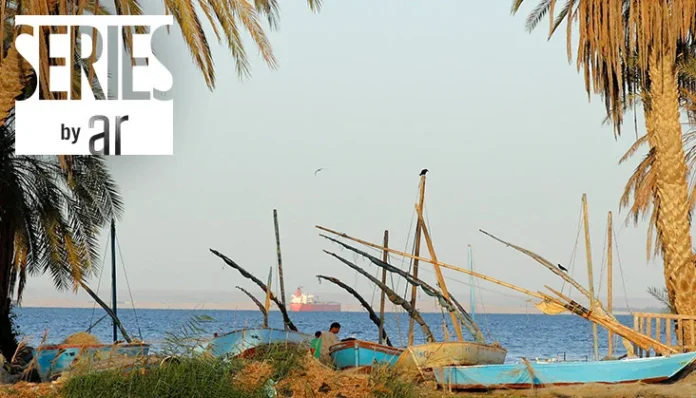Author: Alex de Waal
Affiliation: World Peace Foundation
Organization/Publisher: The Africa Report
Date/Place: November 13, 2020/France
Type of Literature: Analysis
Word Count: 2000
Link:https://www.theafricareport.com/50046/the-red-sea-a-vital-artery-for-the-world-economy/
Keywords: The Red Sea, World Economy, The Horn of Africa
Brief:
This article addresses the geostrategic importance of the Red Sea region and urgent policy challenges, mainly for the US administration and the African Union. The Red Sea, from the Suez canal that connects it to the Mediterranean, to the strait of Bab al Mandab that links it to the Indian Ocean, is a vital artery of the global economy. More than 10 % of international cargo by sea passes through the Red Sea including the majority of trades between Asia and Africa. This has made the Red Sea a crucial chokepoint for any ambitious transoceanic navy as evidenced by China’s decision to establish its first overseas naval facility in Djibouti. Despite the enduring geostrategic value of the Red Sea region, securing the framework for regional peace and security remains a challenging task. Africa’s concern is the future of the Pax Africana: the principles, norms, and institutions established under the African Union which are essential for the continent’s peace and security. The Council of Arab and African Littoral States of the Red Sea and the Gulf of Aden comprises all eight coastal states of the Red Sea, namely Djibouti, Egypt, Eritrea, Jordan, Somalia, Sudan, Yemen, and Saudi Arabia itself (the council was established in Riyadh), but not Israel although it possesses a seaport at Eilat; whether states that have no Red Sea seashore but which have historical, economic and security interests in the sea should also be part of any official mechanism constitutes the difficult part of the problem. The African Union adopted the term ‘Red Sea Arena’ to represent an extended group of countries including Ethiopia and South Sudan, both of which depend on Red Sea ports for their international trade, and with Kenya which has commercial and security interests across the region and in the Western Indian Ocean. In this sense, the Red Sea arena would extend to include Turkey and the United Arab Emirates, both of which have invested in Red Sea ports, Oman which has historic ties down the Swahili coast as far as Zanzibar, and Qatar and Iran which both retain ties to the sea. The list of global players with interests in the Red Sea extends to Europe, Asia, the US, and Russia. Although the US’ plan for the Middle Eastern Security Alliance brings Israel and Egypt together, UAE and Saudi Arabia which constitute the pillars of the American–led alliance in the region have yet to be constituted officially. While this coalition is primarily against Iran, and possibly China and Russia, the US’ message for African states of the Horn is that ambitious members of the club should reach Washington through Riyadh, Abu Dhabi, Cairo, and Tel Aviv. For Emiratis and Saudis, the priorities are managing the impacts of their disastrous military adventure in Yemen, preserving the Red Sea as a strategic alternative for oil exports if the Persian Gulf fails in crisis, and to deter Islamists from seizing power anywhere in the region. While all countries around the Red Sea region have to juggle their interests according to US policies, the African Union has recognized the need for strategies that go beyond the wills of richer countries and towards practical engagements to reinforce the principles and institutions of Africa’s peace and security regime.
By: Jemal Muhamed, CIGA Senior Research Associate




